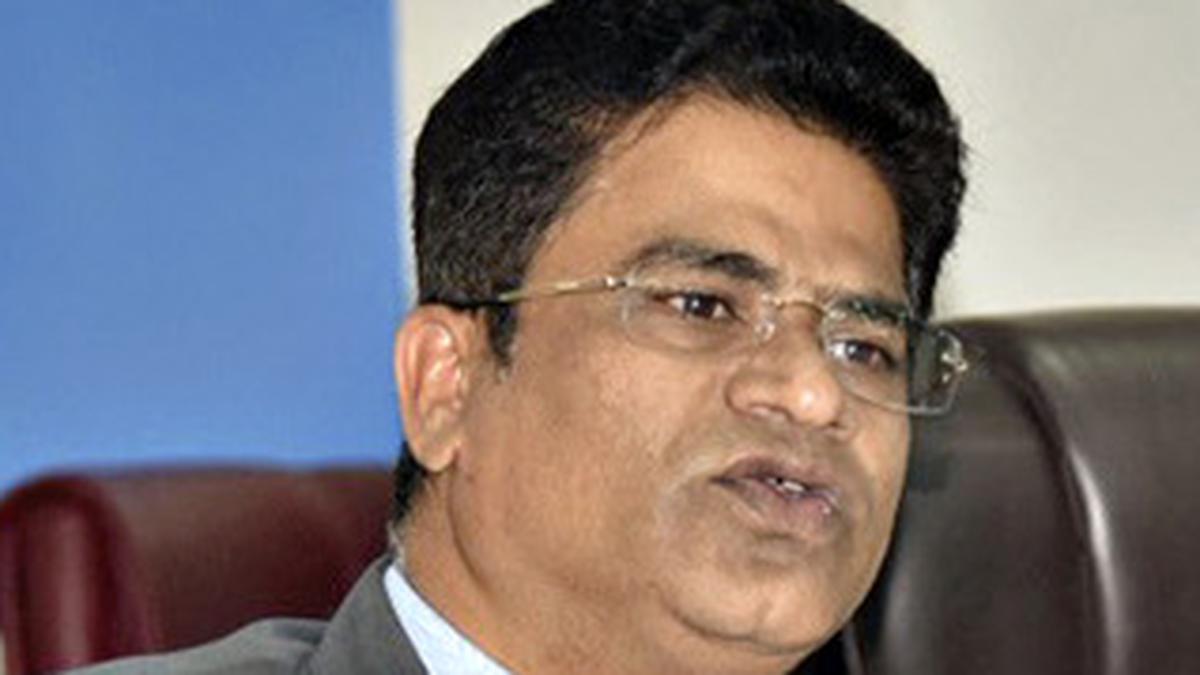
Karnataka State Pollution Control Board Chairman removed from post
The Hindu
Shanath A. Thimmaiah was on Friday removed from the post of the Karnataka State Pollution Control Board (KSPCB) Chairman by the government.
Shanath A. Thimmaiah was on Friday removed from the post of the Karnataka State Pollution Control Board (KSPCB) Chairman by the government.
The government issued an order stating Mr. Thimmaiah’s dismissal from the post and that it has given additional charge of the KSPCB Chairman’s post to IFS officer B.P. Ravi, who is Principal Secretary, Forests and Ecology.
The government has removed Mr. Thimmaiah for violating the Karnataka Transparency in Public Procurement (KTPP) Act while awarding advertising works to one agency and for doing so without obtaining necessary administrative approvals.
Apart from this, Mr. Thimmaiah has also been accused of misusing power to appoint KSPCB IT Manager Suri Payala as Member Secretary. This post, as per rule, is mandated to be held by an All-India Service Officer who has a master’s degree in science or an equivalent degree in allied science.
An alleged scam in awarding clearances to a plastic recycling firm, Enviro Recyclean Pvt. Ltd., has also been cited in the government order dismissing Mr. Thimmaiah.
As per an audit conducted by the Central Pollution Control Board, it had revealed that this firm apart from being not operational was issued extended producer responsibility (EPR) certificates for recycling 3.48 tonnes of plastic, besides it was alleged that the board has given clearance to operate the factory within seven working days after issuing consent to set up the plant.
Mr. Thimmaiah is said to have suspended three envioronment officers in connection with this.

“Writing, in general, is a very solitary process,” says Yauvanika Chopra, Associate Director at The New India Foundation (NIF), which, earlier this year, announced the 12th edition of its NIF Book Fellowships for research and scholarship about Indian history after Independence. While authors, in general, are built for it, it can still get very lonely, says Chopra, pointing out that the fellowship’s community support is as valuable as the monetary benefits it offers. “There is a solid community of NIF fellows, trustees, language experts, jury members, all of whom are incredibly competent,” she says. “They really help make authors feel supported from manuscript to publication, so you never feel like you’re struggling through isolation.”

Several principals of government and private schools in Delhi on Tuesday said the Directorate of Education (DoE) circular from a day earlier, directing schools to conduct classes in ‘hybrid’ mode, had caused confusion regarding day-to-day operations as they did not know how many students would return to school from Wednesday and how would teachers instruct in two modes — online and in person — at once. The DoE circular on Monday had also stated that the option to “exercise online mode of education, wherever available, shall vest with the students and their guardians”. Several schoolteachers also expressed confusion regarding the DoE order. A government schoolteacher said he was unsure of how to cope with the resumption of physical classes, given that the order directing government offices to ensure that 50% of the employees work from home is still in place. On Monday, the Commission for Air Quality Management in the National Capital Region and Adjoining Areas (CAQM) had, on the orders of the Supreme Court, directed schools in Delhi-NCR to shift classes to the hybrid mode, following which the DoE had issued the circular. The court had urged the Centre’s pollution watchdog to consider restarting physical classes due to many students missing out on the mid-day meals and lacking the necessary means to attend classes online. The CAQM had, on November 20, asked schools in Delhi-NCR to shift to the online mode of teaching.









